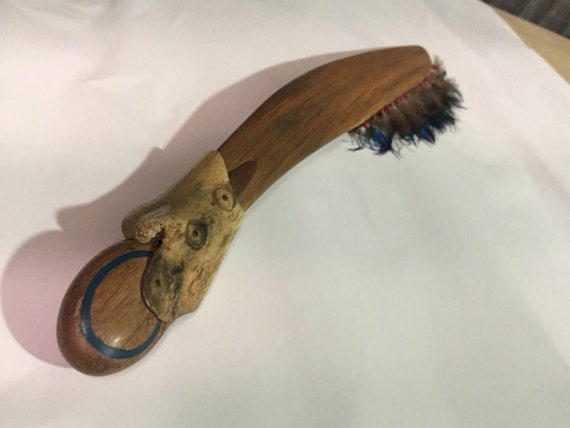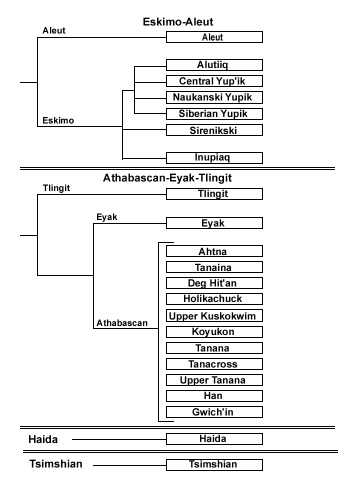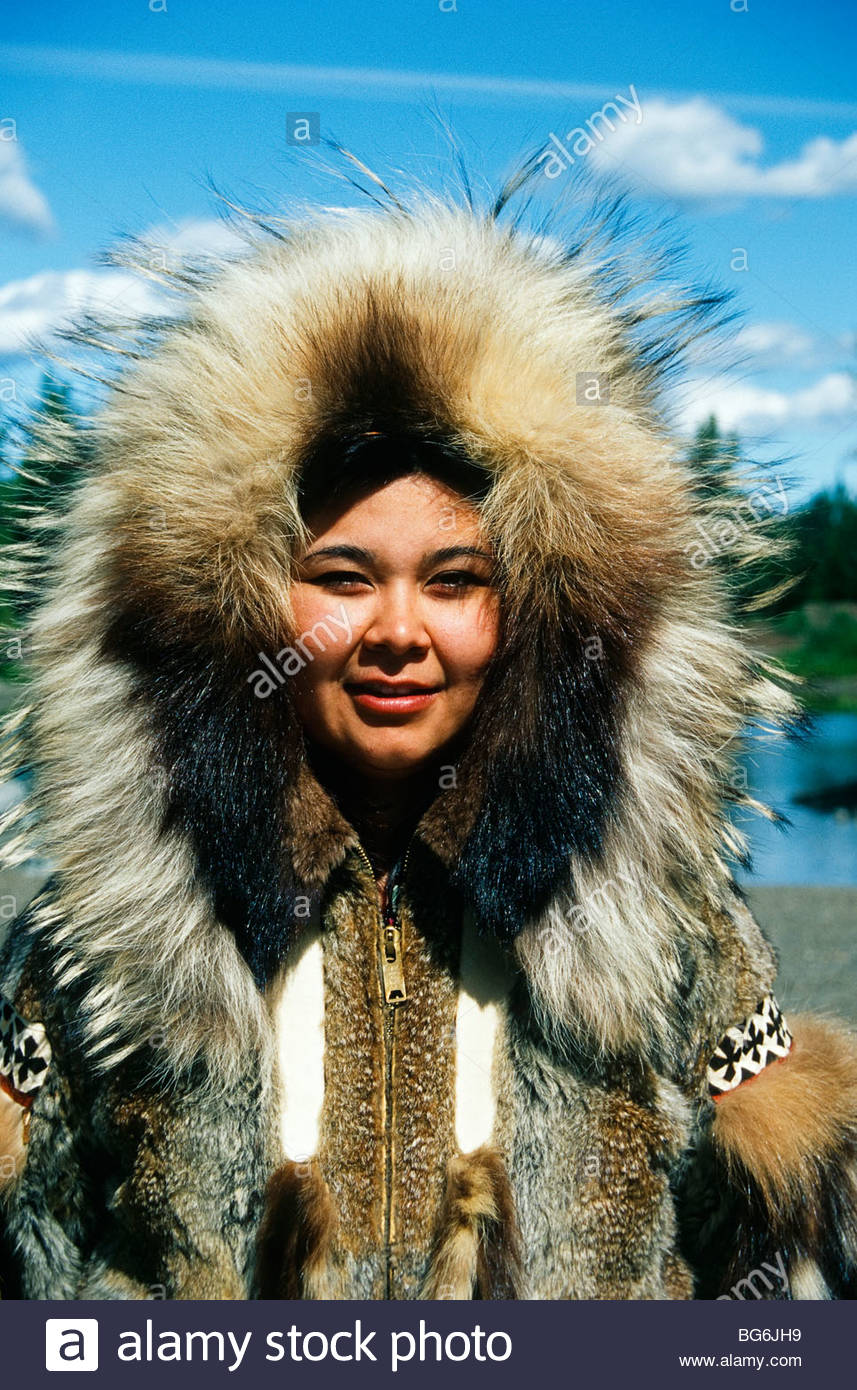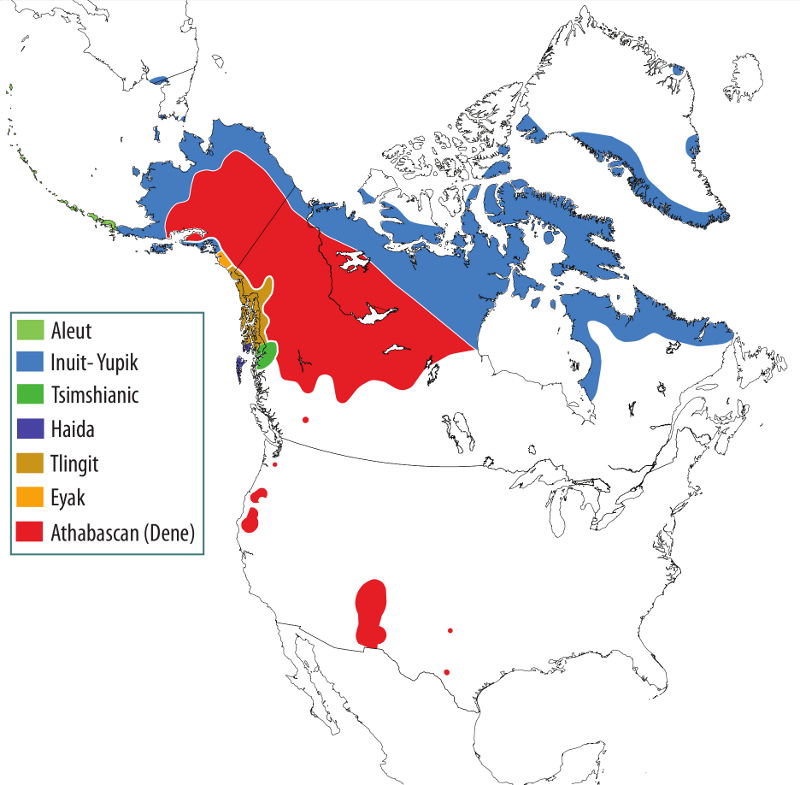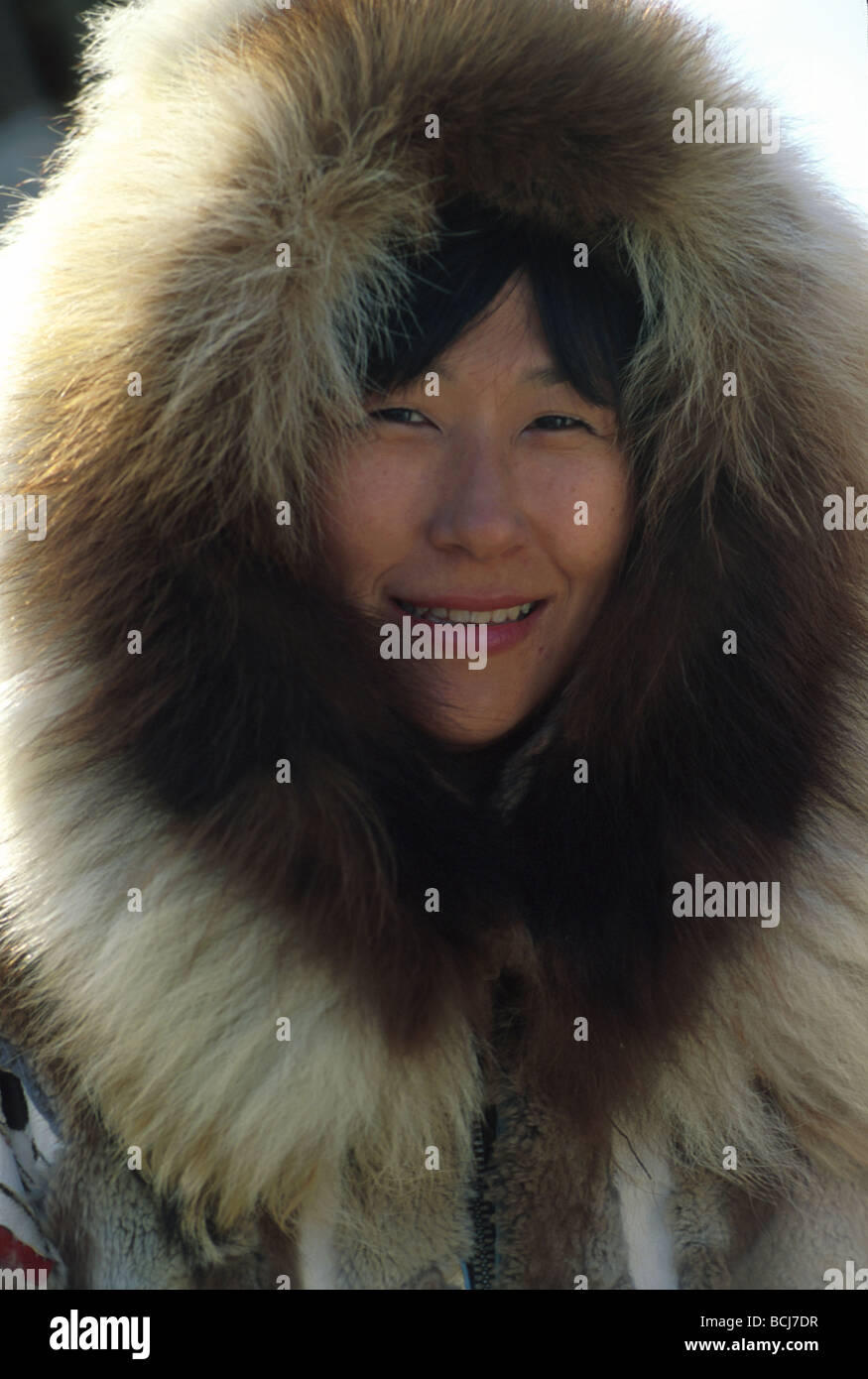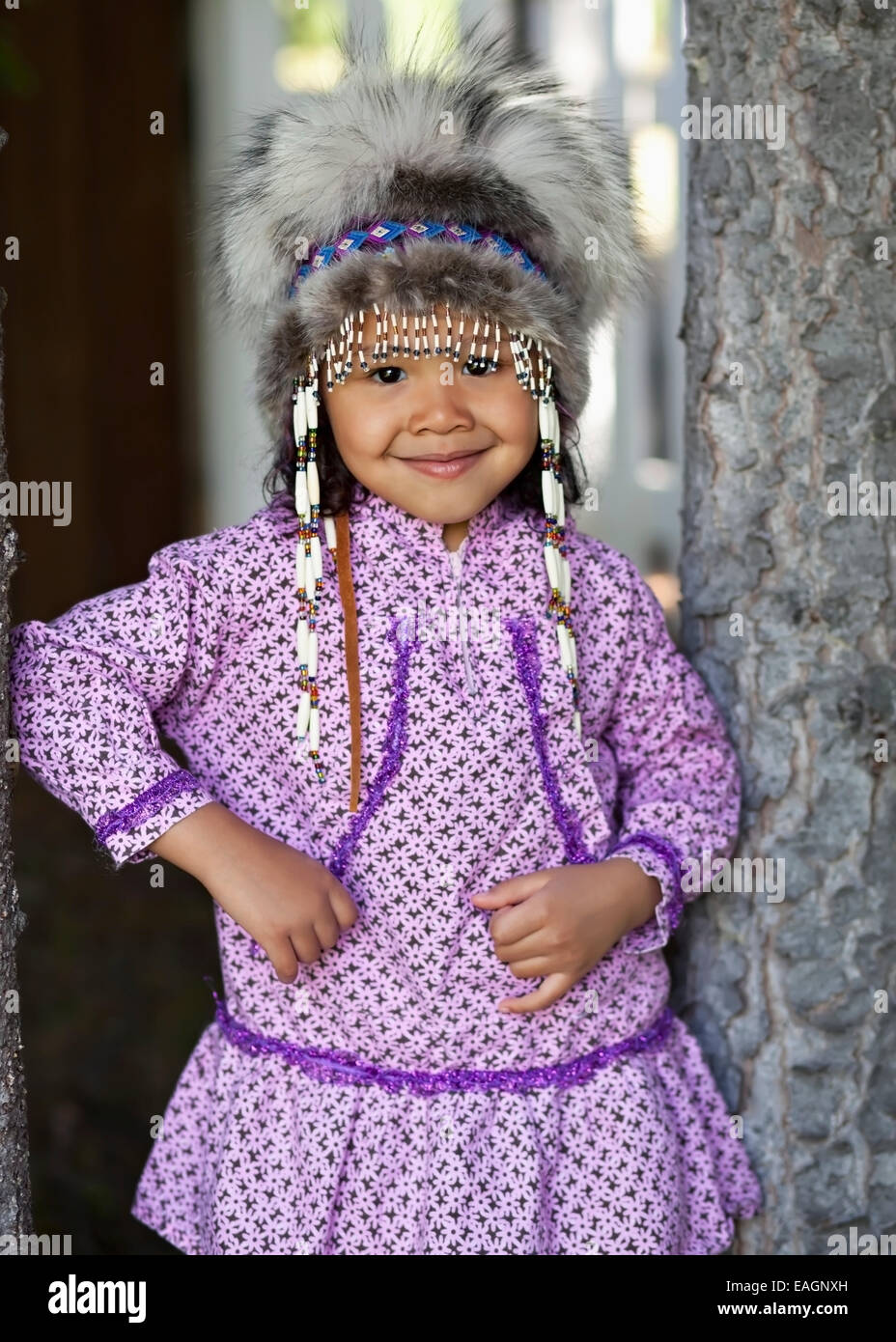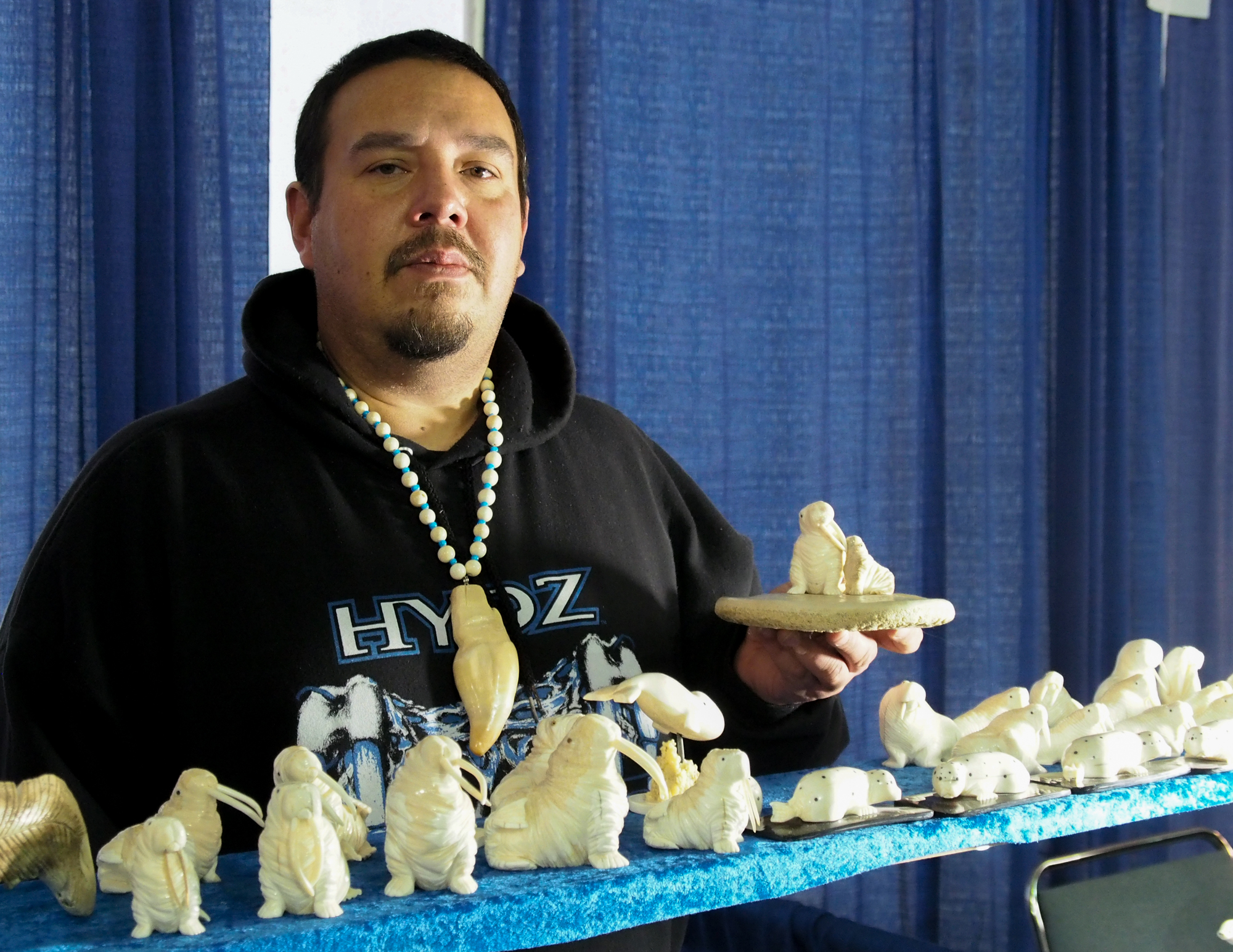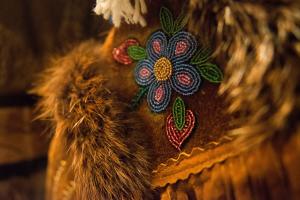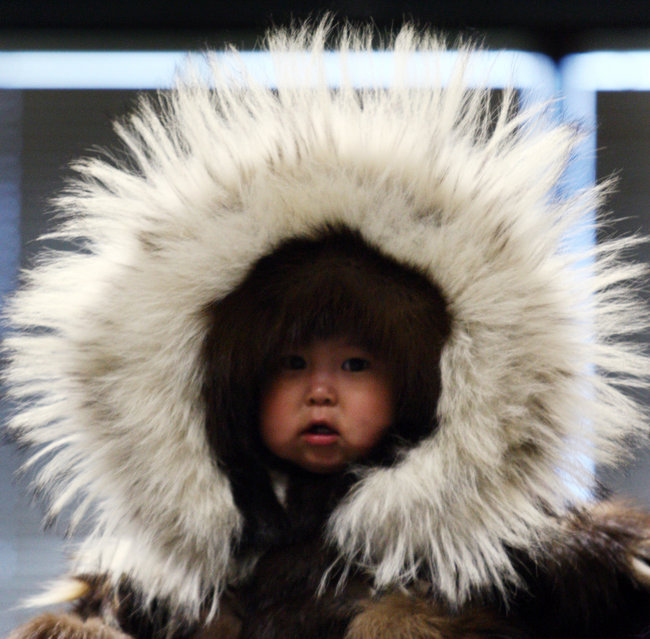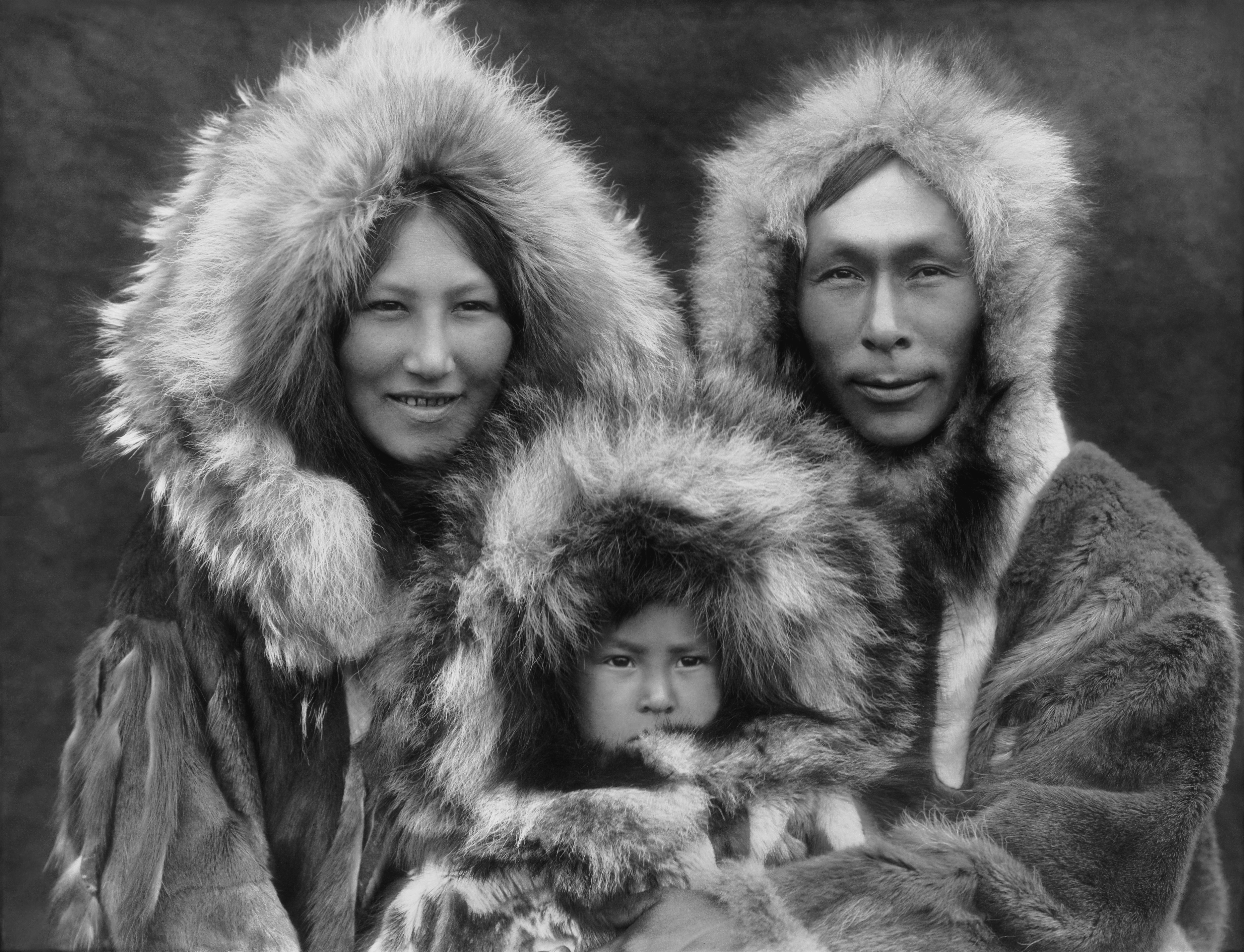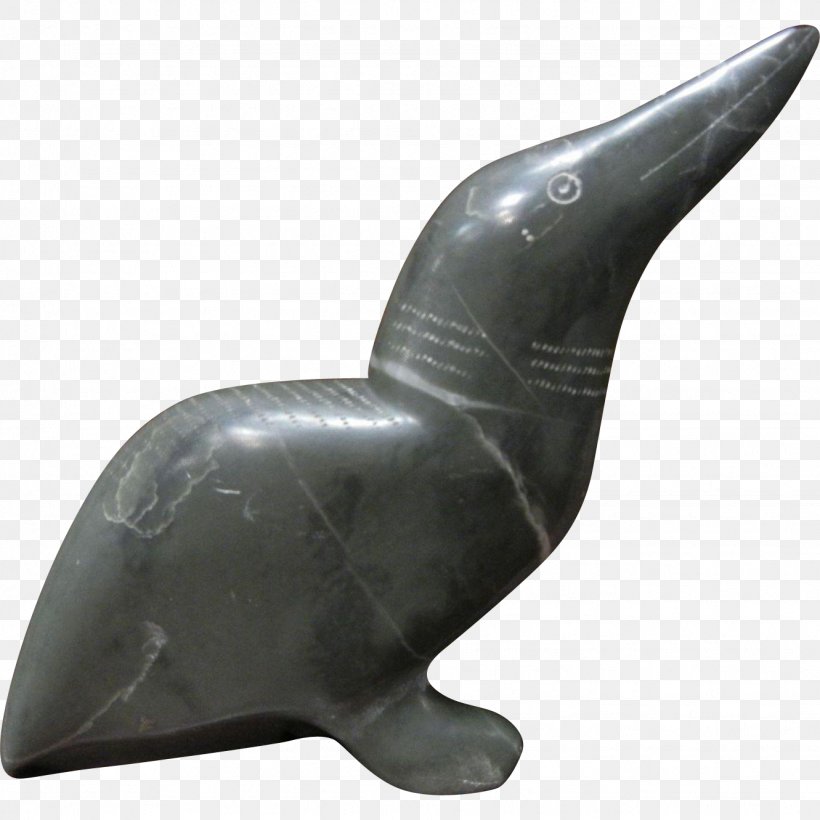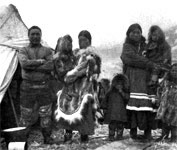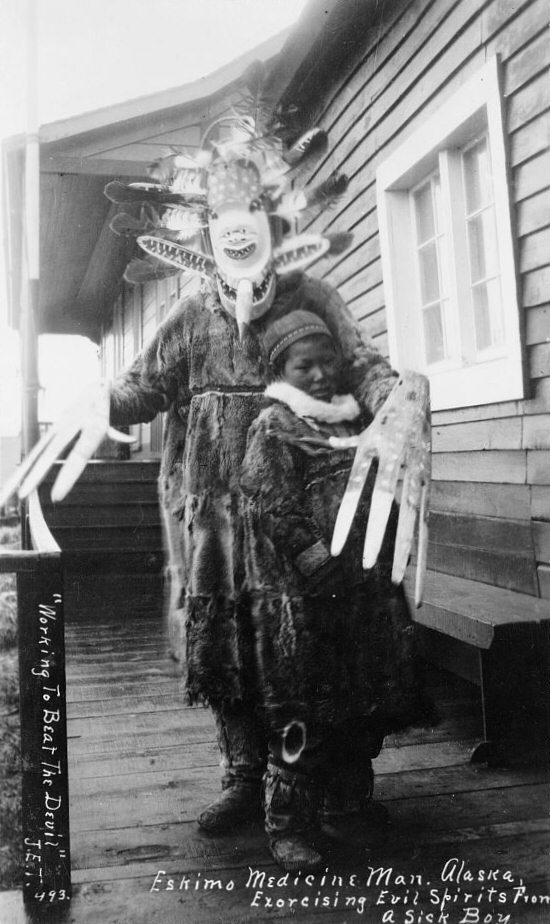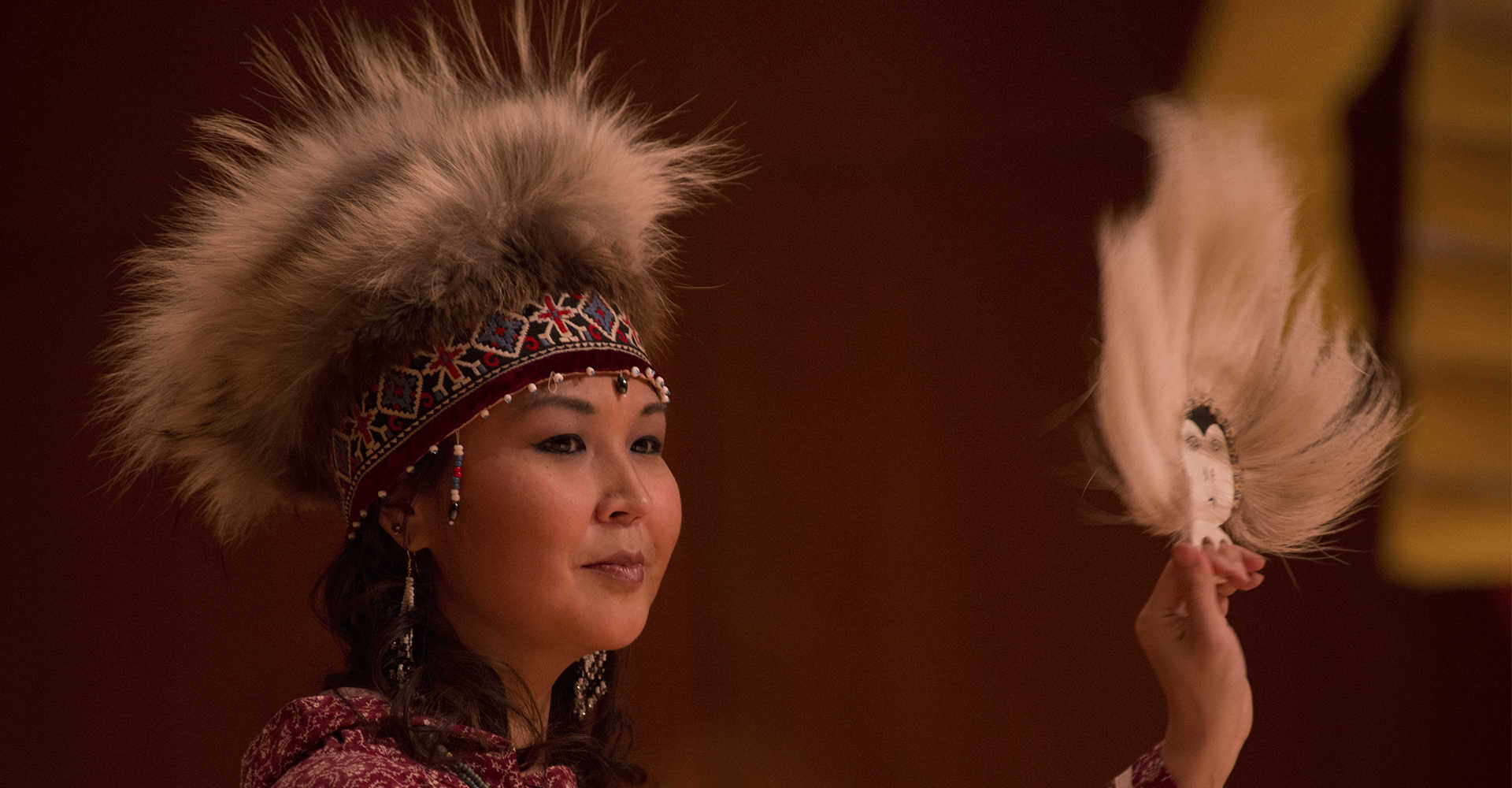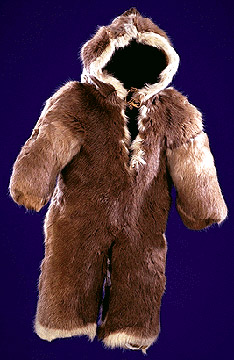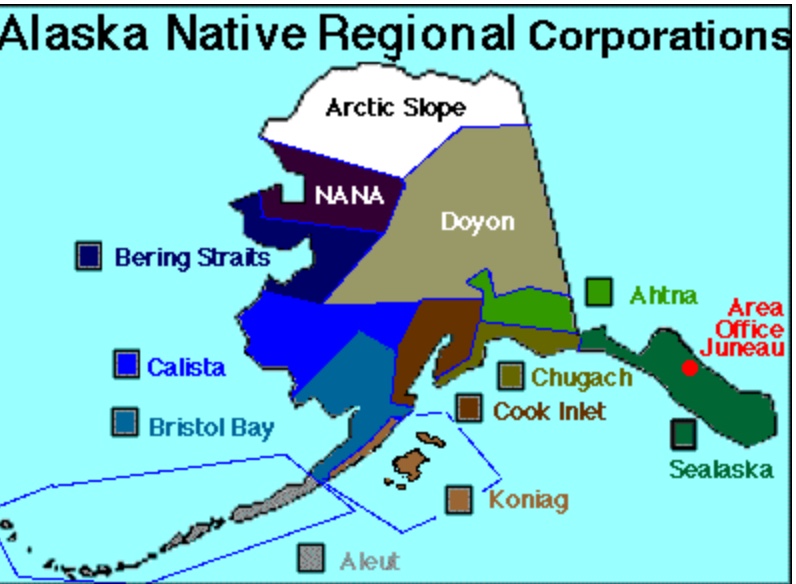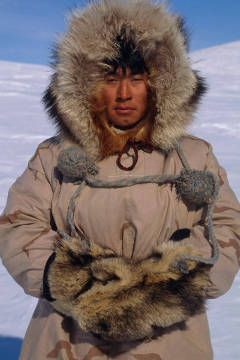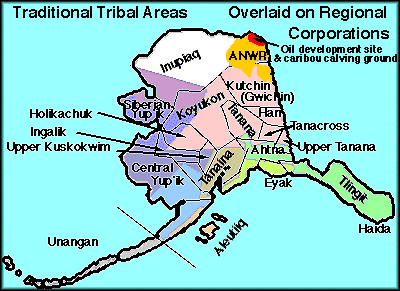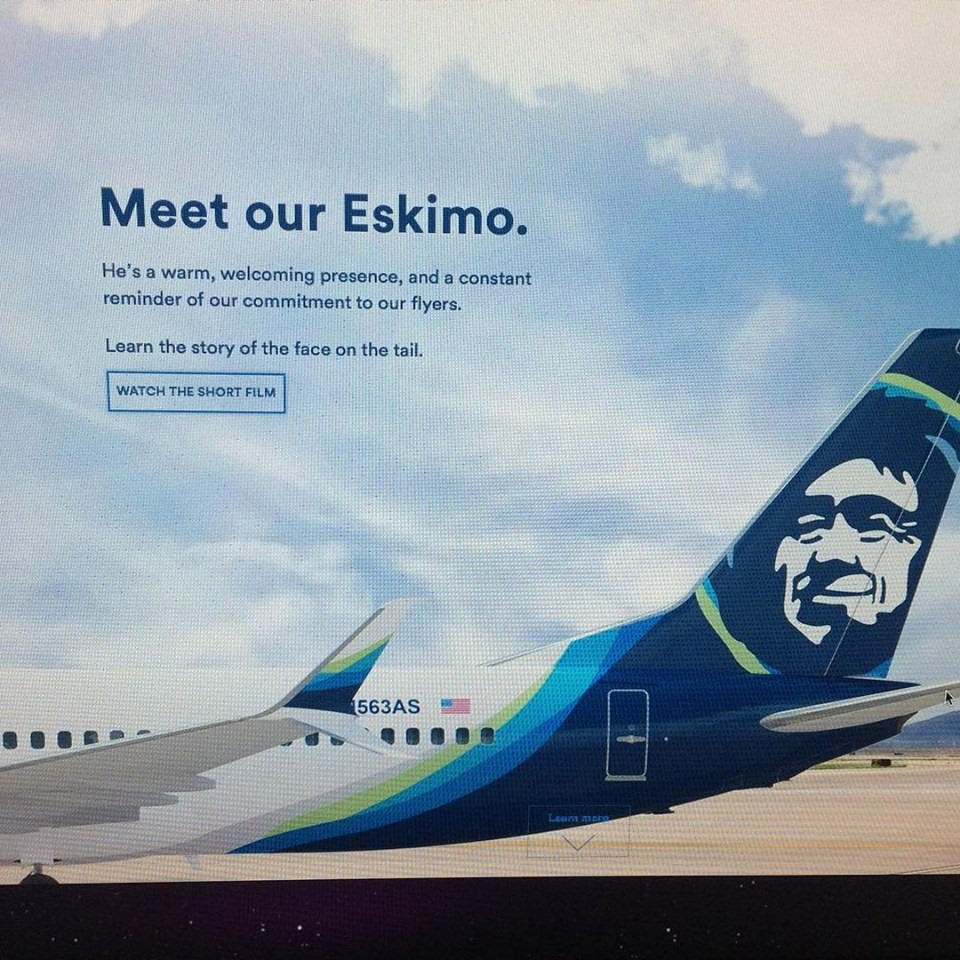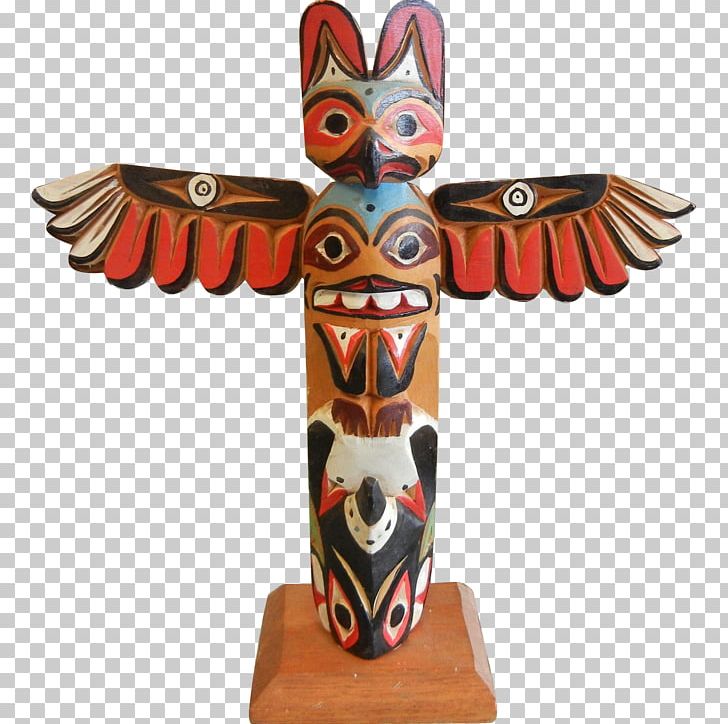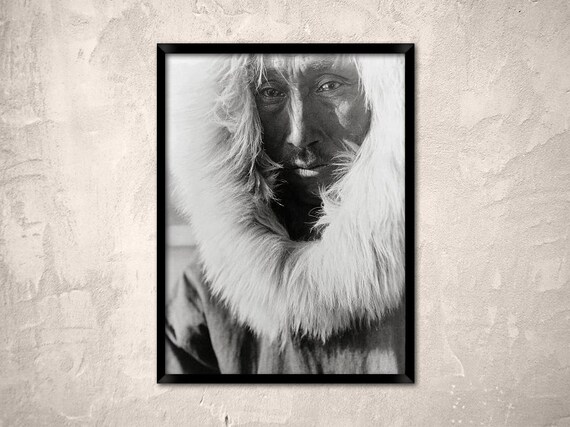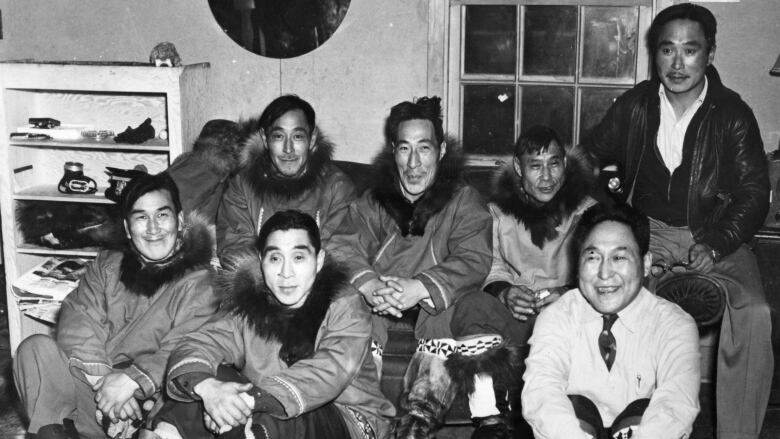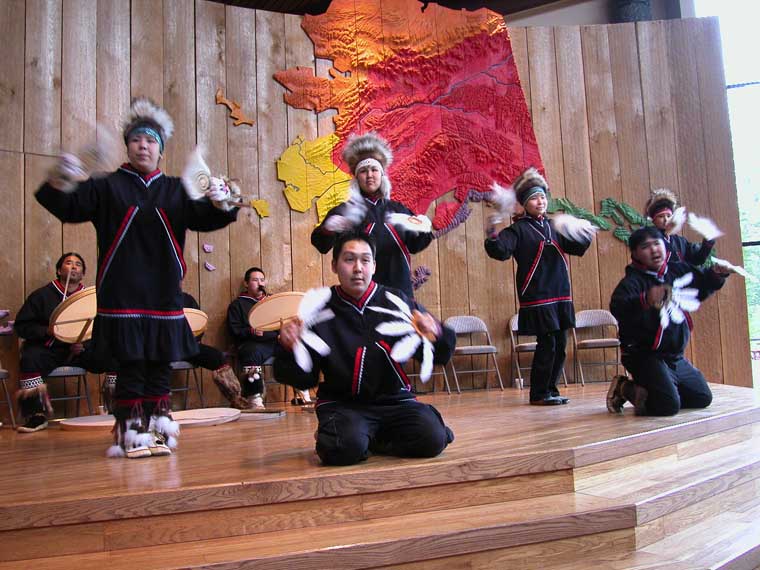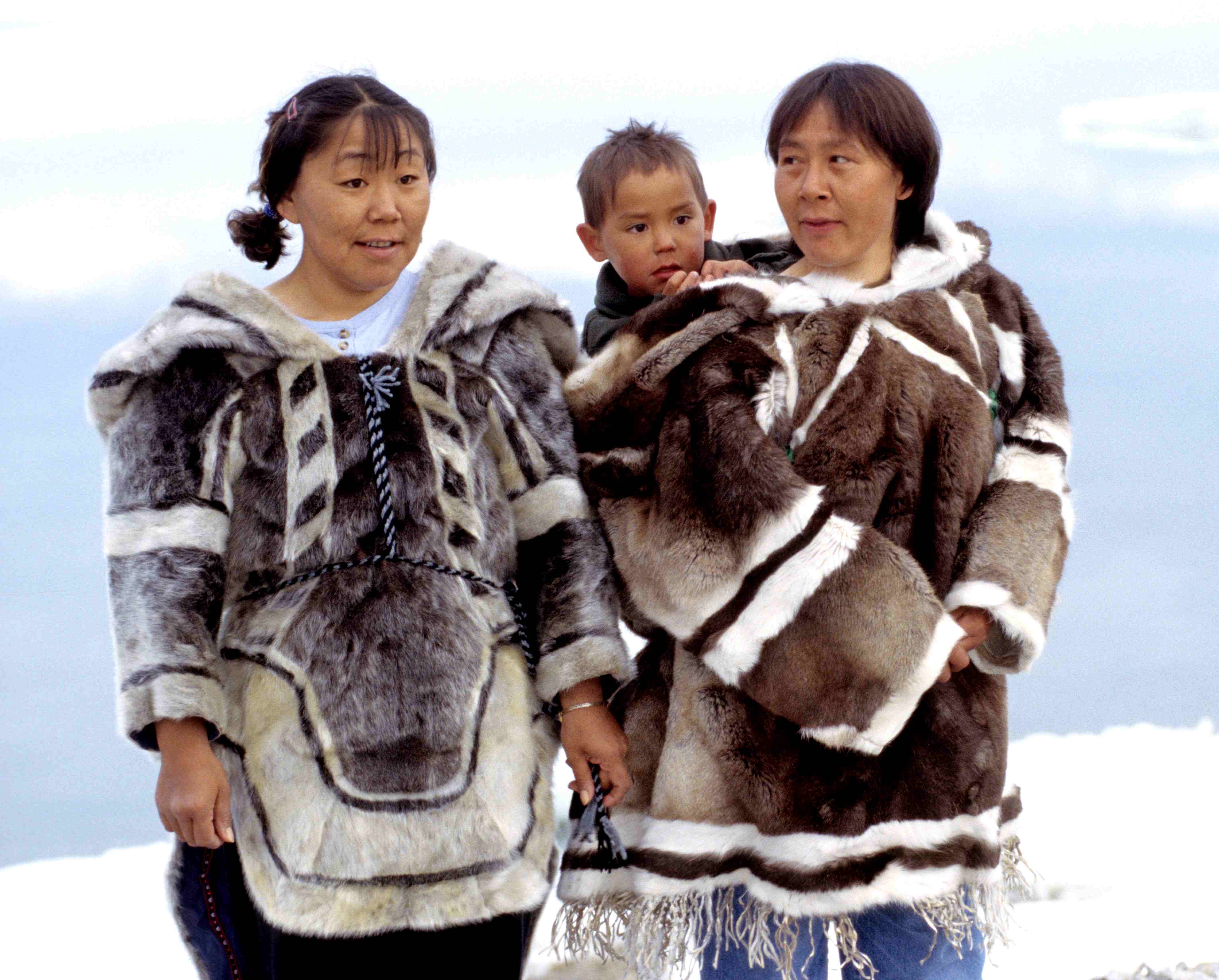Alaska Native Inuit
Alaska native alaska native refers to the indigenous peoples in alaska including the aleut athabascan alutiiq cupik haida inuit inupiat tlingit and yupik peoples.
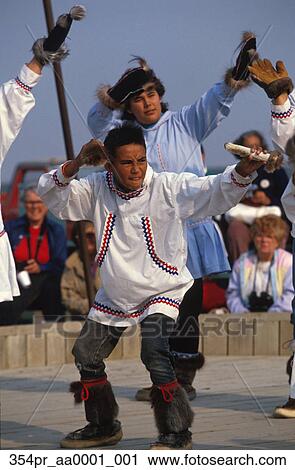
Alaska native inuit. Alaska natives increasingly prefer to be known by the names they use in their own languages such as inupiaq or yupik. The inuit or eastern eskimo language continuum is spoken in northern alaska canada and greenland. Inuit is a general term for a group of culturally similar indigenous peoples inhabiting the arctic coasts of alaska the eastern islands of the canadian arctic labrador and the ice free coasts of greenland.
The inuit circumpolar council prefers the term inuit but some other organizations use eskimo. Inuit is now the current term in alaska and across the arctic and eskimo is fading from use. Natives are indigenous peoples of alaska.
Kalaallit of west greenland who speak kalaallisut tunumiit of east greenland who speak tunumiisut inughuit of north greenland who speak inuktun or polar eskimo. Four distinct yupik or western eskimo languages are spoken along the shores of the gulf of alaska in southwestern alaska and on the easternmost tip of siberia. The term predominates because of its legal use in the alaska native claims settlement act and includes all the above named peoples.
Its estimated that inuit came some 4000 years ago on the north american continent thus arriving much later than other indigenous peoples. They belong to three major groups. Culturally and linguistically distinct from native americans of lower 48 states as well as from athabaskan people of alaska inuit are closely related to mongoloid peoples of eastern asia.
Another eskimo language the virtually extinct sirenikski of siberia is usually grouped with the yupik languages although it may actually constitute a third distinct branch. In eskimo inuktitut the language of the inuit people inuit means the people. Inupiat yupik aleut eyak tlingit haida tsimshian and a number of northern athabaskan cultures.
